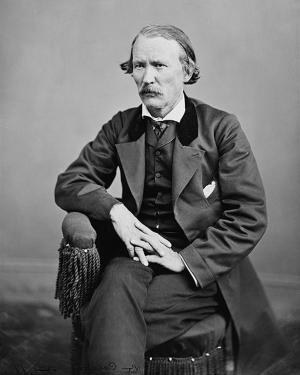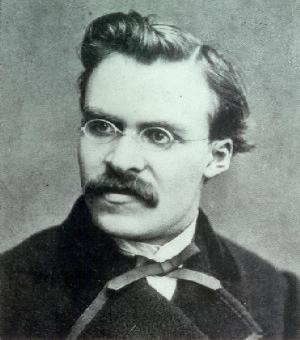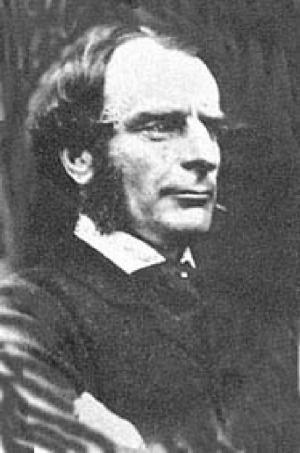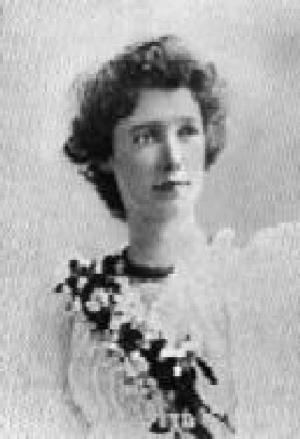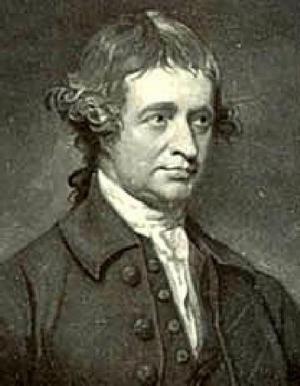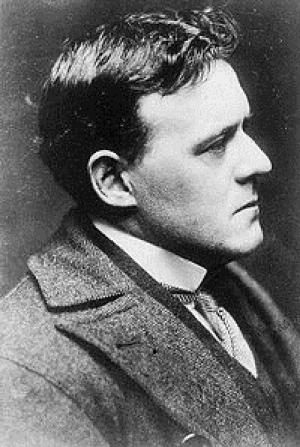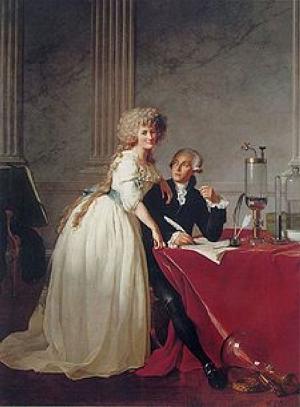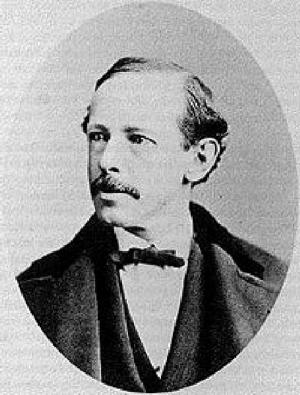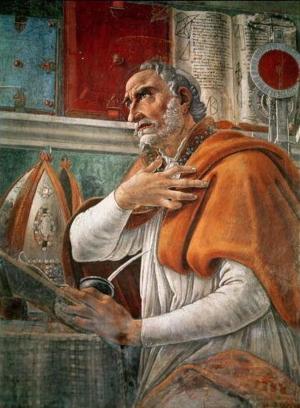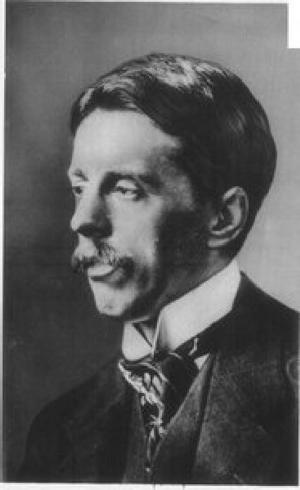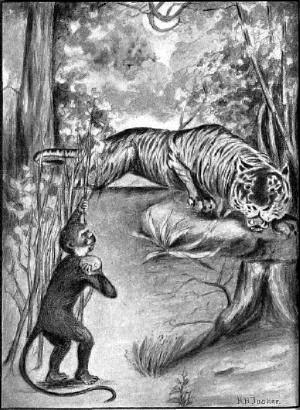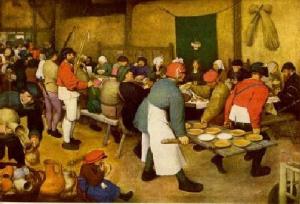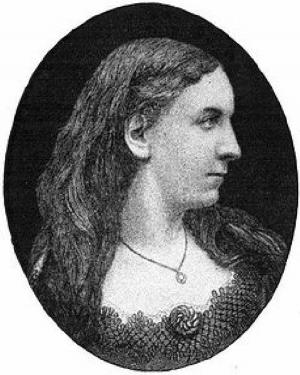The Perfect Wagnerite: a Commentary on the Niblung's Ring
Nonfiction, Entertainment, Music, Music Styles, Classical & Opera, Opera| Author: | George Bernard Shaw | ISBN: | 9781455403561 |
| Publisher: | B&R Samizdat Express | Publication: | December 15, 2009 |
| Imprint: | Language: | English |
| Author: | George Bernard Shaw |
| ISBN: | 9781455403561 |
| Publisher: | B&R Samizdat Express |
| Publication: | December 15, 2009 |
| Imprint: | |
| Language: | English |
According to the Preface: "This book is a commentary on The Ring of the Niblungs, Wagner's chief work. I offer it to those enthusiastic admirers of Wagner who are unable to follow his ideas, and do not in the least understand the dilemma of Wotan, though they are filled with indignation at the irreverence of the Philistines who frankly avow that they find the remarks of the god too often tedious and nonsensical. Now to be devoted to Wagner merely as a dog is devoted to his master, sharing a few elementary ideas, appetites and emotions with him, and, for the rest, reverencing his superiority without understanding it, is no true Wagnerism. Yet nothing better is possible without a stock of ideas common to master and disciple. Unfortunately, the ideas of the revolutionary Wagner of 1848 are taught neither by the education nor the experience of English and American gentlemen-amateurs, who are almost always political mugwumps, and hardly ever associate with revolutionists. The earlier attempts to translate his numerous pamphlets and essays into English, resulted in ludicrous mixtures of pure nonsense with the absurdest distorsions of his ideas into the ideas of the translators. We now have a translation which is a masterpiece of interpretation and an eminent addition to our literature; but that is not because its author, Mr. Ashton Ellis, knows the German dictionary better than his predecessors. He is simply in possession of Wagner's ideas, which were to them inconceivable." According to Wikipedia: "George Bernard Shaw (26 July 1856 2 November 1950) was an Irish playwright and a co-founder of the London School of Economics. Although his first profitable writing was music and literary criticism, in which capacity he wrote many highly articulate pieces of journalism, his main talent was for drama, and he wrote more than 60 plays. Nearly all his writings deal sternly with prevailing social problems, but have a vein of comedy to make their stark themes more palatable. Shaw examined education, marriage, religion, government, health care, and class privilege. He was most angered by what he perceived as the exploitation of the working class, and most of his writings censure that abuse. An ardent socialist, Shaw wrote many brochures and speeches for the Fabian Society. He became an accomplished orator in the furtherance of its causes, which included gaining equal rights for men and women, alleviating abuses of the working class, rescinding private ownership of productive land, and promoting healthy lifestyles... He is the only person to have been awarded both a Nobel Prize for Literature (1925) and an Oscar (1938), for his contributions to literature and for his work on the film Pygmalion (adaption of his play of the same name), respectively."
According to the Preface: "This book is a commentary on The Ring of the Niblungs, Wagner's chief work. I offer it to those enthusiastic admirers of Wagner who are unable to follow his ideas, and do not in the least understand the dilemma of Wotan, though they are filled with indignation at the irreverence of the Philistines who frankly avow that they find the remarks of the god too often tedious and nonsensical. Now to be devoted to Wagner merely as a dog is devoted to his master, sharing a few elementary ideas, appetites and emotions with him, and, for the rest, reverencing his superiority without understanding it, is no true Wagnerism. Yet nothing better is possible without a stock of ideas common to master and disciple. Unfortunately, the ideas of the revolutionary Wagner of 1848 are taught neither by the education nor the experience of English and American gentlemen-amateurs, who are almost always political mugwumps, and hardly ever associate with revolutionists. The earlier attempts to translate his numerous pamphlets and essays into English, resulted in ludicrous mixtures of pure nonsense with the absurdest distorsions of his ideas into the ideas of the translators. We now have a translation which is a masterpiece of interpretation and an eminent addition to our literature; but that is not because its author, Mr. Ashton Ellis, knows the German dictionary better than his predecessors. He is simply in possession of Wagner's ideas, which were to them inconceivable." According to Wikipedia: "George Bernard Shaw (26 July 1856 2 November 1950) was an Irish playwright and a co-founder of the London School of Economics. Although his first profitable writing was music and literary criticism, in which capacity he wrote many highly articulate pieces of journalism, his main talent was for drama, and he wrote more than 60 plays. Nearly all his writings deal sternly with prevailing social problems, but have a vein of comedy to make their stark themes more palatable. Shaw examined education, marriage, religion, government, health care, and class privilege. He was most angered by what he perceived as the exploitation of the working class, and most of his writings censure that abuse. An ardent socialist, Shaw wrote many brochures and speeches for the Fabian Society. He became an accomplished orator in the furtherance of its causes, which included gaining equal rights for men and women, alleviating abuses of the working class, rescinding private ownership of productive land, and promoting healthy lifestyles... He is the only person to have been awarded both a Nobel Prize for Literature (1925) and an Oscar (1938), for his contributions to literature and for his work on the film Pygmalion (adaption of his play of the same name), respectively."


